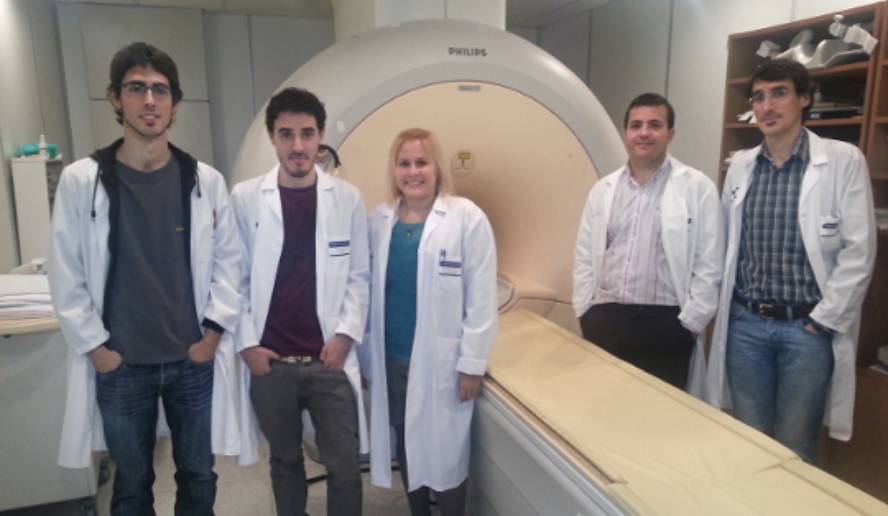New way to measure brain functions of patients in coma
The team of Computational Neuroimaging of BioCruces and Dante Chialvo, researcher at Ikerbasque, have discovered a new way of measuring abnormalities that occur in the brain functions of patients with consciousness disorders. Through cranioencephalic trauma, two brain markers with functional magnetic resonance have been found that quantify the damage suffered by the brain of the patient in a coma, in a vegetative state or in a state of minimal consciousness, on the one hand, the partial correlation or connectivity between the two cerebral hemispheres, and on the other, the entropic transfer that indicates the internal activity of each hemisphere.
Other studies have shown that in coma patients there may be a brain disturbance, from which the research team has performed an analysis of functional connectivity networks. The result has shown a clear difference between healthy individuals and markers of patients with consciousness disorder. The study has been published in the journal Frontiers in Neuroinfromatics and, according to the authors, the discovery will contribute to a more comprehensive diagnosis of these patients, improve their prognosis and allow a wider information to predict how the patient will be when leaving the coma.
In addition, neuroimaging techniques and markers that have been discovered have allowed measuring functional brain connectivity at the time patients wake up from coma. At that time, researchers have found that information being transferred into the brain increases. While a healthy individual transfers 344 bit information, the patient who wakes up from the coma reaches 444 bits. This difference, according to experts, can be considered a phenomenon of temporary compensation, but more research will be needed to confirm this hypothesis.






